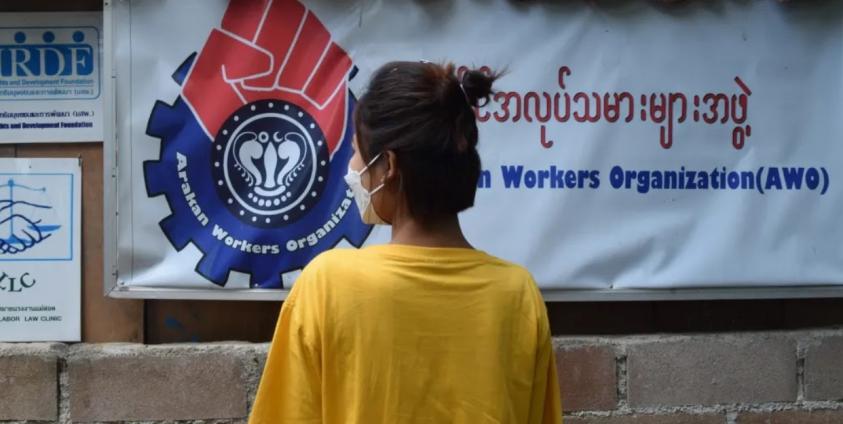Overseas Myanmar workers will have to pay 10 percent of their foreign income as taxes starting in October, the junta-run newspaper announced on September 23 with the signature of the coup leader.
The amendment of Union Tax Law, which is usually enacted once a year, was enacted by the military council on 12 September, and will be effective from 1 October of this year to 31 March of the following year.
It stated that a ten percent tax shall be levied over the total foreign exchange incomes obtained abroad, except the salaries of citizens residing in foreign countries, without subtracting the tax exemption.
U Aung Kyaw, an adviser to the Migrant Workers' Rights Network, remarked that the military council is trying to exploit Myanmar migrant workers by obtaining wages because of the growing challenges and crises due to mismanagement.
In the amended law, the junta repealed Sub-section (iv) of Subsection 31 in the law amending the 2023 Union Taxation Law.
The provisions of the repealed section of the law also state that the tax is exempted on income from head salary earned in the foreign currency of a citizen residing abroad.
In addition, after deduction of reliefs, the local income tax will be collected according to Section 19 sub-section (c) of the Union Taxation Law and without subtracting the amount of exemption, a two percent tax shall be levied over the incomes.
"I will send money home in other ways, and I won't pay income tax," a female migrant worker told Than Lwin Times.
Earlier this month, the junta’s Ministry of Labor ordered that overseas workers must transfer 25 percent of their wages to their families through the official banking system.
Those who work abroad must transfer 25 percent of their salary once a month or every three months, requiring an agreement between the agency and the workers.
The aid workers and migrant workers point out that the military council’s directives to impose mandatory tax and wage transfers are taking advantage of millions of migrant workers.
Over the last week, regime members in Mon State have closely monitored money changers and arrested at least five of them in three townships.







